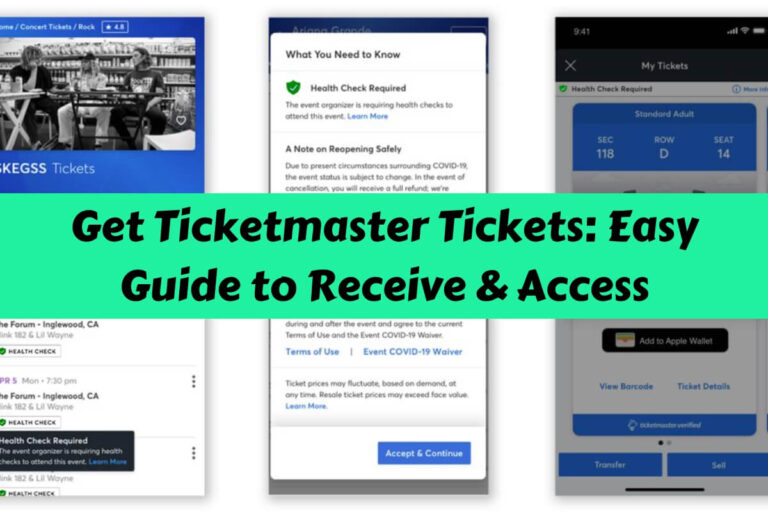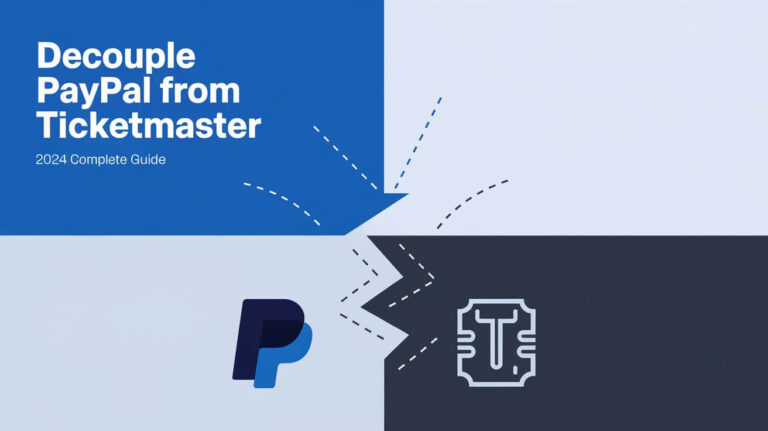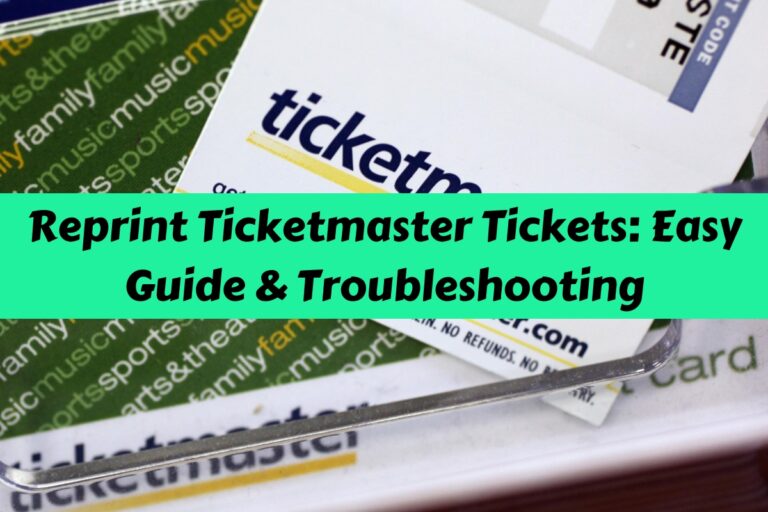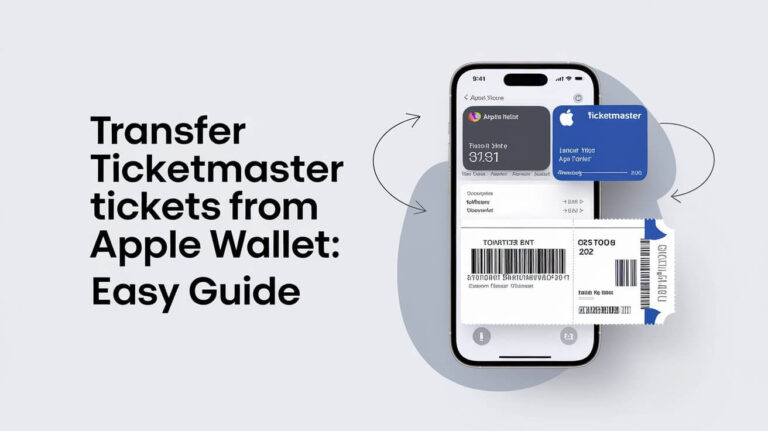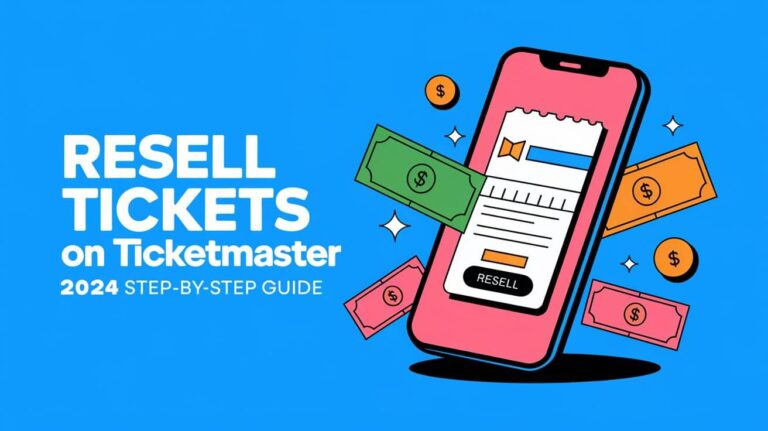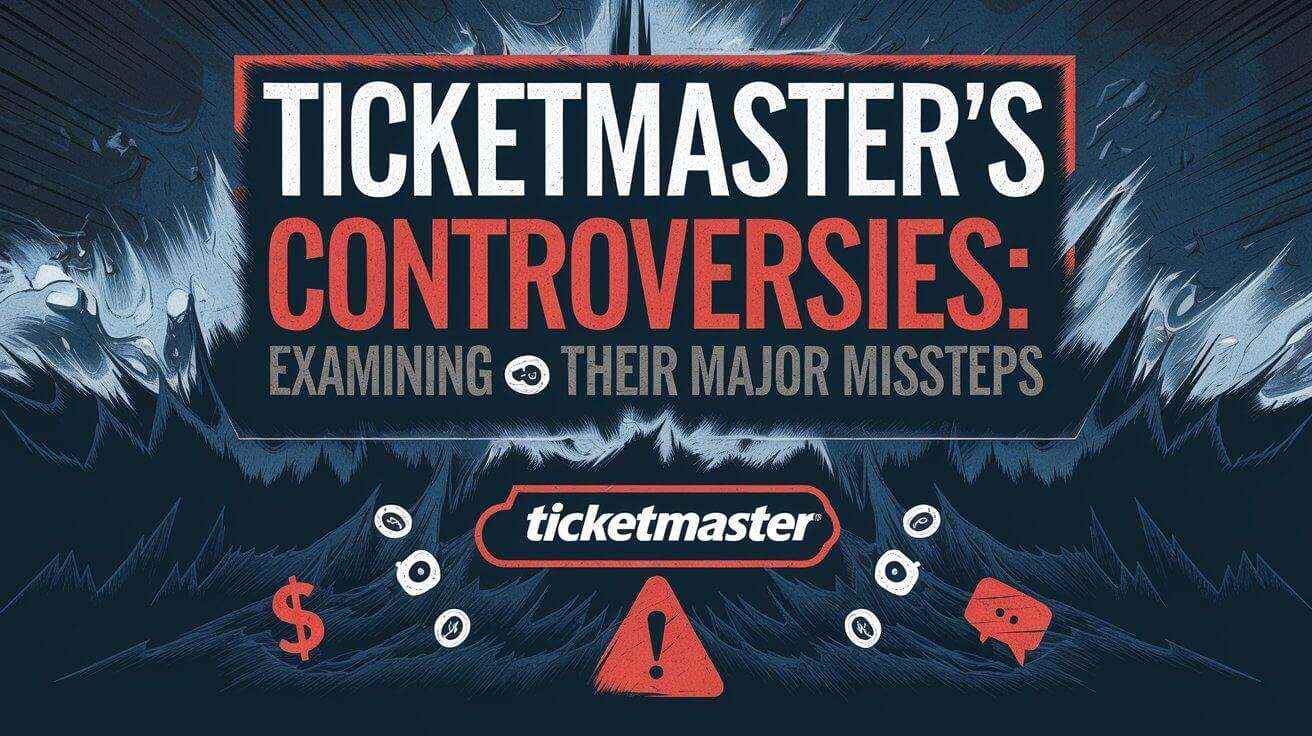
Ticketmaster, the dominant force in event ticketing, has faced numerous controversies over the years. From sky-high fees to website crashes and allegations of monopolistic practices, the company has repeatedly drawn criticism from fans, artists, and regulators alike. This post explores Ticketmaster’s missteps, their impact on the live entertainment industry, and what might lie ahead for the ticketing behemoth.
The Rise of Ticketmaster
Brief history and market dominance
Ticketmaster’s journey began in 1976, but it wasn’t until the 1980s that the company truly took off. Under new leadership, Ticketmaster revolutionized the ticketing industry with its computerized systems. By the 1990s, it had gobbled up its main competitor, Ticketron, cementing its place at the top of the ticketing food chain.
Exclusive venue contracts and fee-sharing model
One of Ticketmaster’s key strategies was to ink exclusive deals with venues. This meant that if you wanted to see a show at a particular arena or theater, you had to buy through Ticketmaster. Period. The company sweetened these deals by sharing a chunk of its service fees with the venues. It was a win-win for Ticketmaster and the venues, but fans were left footing the bill.
Ticketmaster’s Pricing Practices
High service fees and hidden costs
Ask any concertgoer about Ticketmaster, and you’ll likely hear grumbles about fees. The company has become infamous for tacking on hefty charges to ticket prices. These fees often seem to appear out of thin air, inflating the final cost well beyond the advertised price. It’s not uncommon to see service fees, facility charges, and order processing fees that can add 20% or more to the ticket price.
Dynamic pricing and “platinum” tickets
In recent years, Ticketmaster has embraced dynamic pricing. This system adjusts ticket prices based on demand, much like airlines do with flight costs. While Ticketmaster argues this helps artists capture more revenue that would otherwise go to scalpers, many fans see it as price gouging. The introduction of “platinum” tickets, which are essentially dynamically priced premium seats, has further angered fans who feel priced out of seeing their favorite acts.
Technical Failures and Customer Service Issues
Website crashes during high-demand sales
One of Ticketmaster’s most glaring failures has been its inability to handle high-traffic events. Time and again, fans have eagerly logged on to buy tickets for major tours, only to face crashing websites, endless loading screens, and error messages. These technical meltdowns have left fans frustrated and empty-handed, while scalpers with automated systems often manage to snag tickets.
Long wait times and poor user experience
Even when the system doesn’t crash entirely, buying tickets through Ticketmaster can feel like running a digital obstacle course. Users often find themselves stuck in virtual waiting rooms for hours, only to discover the best seats are gone when they finally get through. The buying process itself can be confusing and stressful, with tickets vanishing from carts and hard-to-read venue maps.
Monopolistic Behavior
The Live Nation merger and its consequences
In 2010, Ticketmaster merged with Live Nation, the largest concert promoter in the U.S. This union created a vertically integrated giant controlling much of the live music industry. Critics argued this would lead to less competition and higher prices for consumers. Despite promises to play fair, the merged company has faced ongoing accusations of using its market power to squeeze out rivals.
Lack of competition in the ticketing industry
With Ticketmaster controlling access to most major venues, competitors struggle to gain a foothold. This lack of meaningful competition means there’s little pressure on Ticketmaster to improve its service or lower its fees. Fans and artists often feel they have no choice but to deal with Ticketmaster, regardless of their complaints.
Scalping and Resale Market Controversies
Allegations of colluding with scalpers
In 2018, investigations revealed that Ticketmaster had been working with large-scale ticket resellers. The company’s “TradeDesk” platform appeared to help professional scalpers circumvent ticket-buying limits and resell tickets at inflated prices. This flew in the face of Ticketmaster’s public stance against scalping and raised questions about whose interests the company truly serves.
Issues with the secondary ticket market
Ticketmaster’s involvement in the secondary market through its own resale platform has also drawn criticism. While the company argues it provides a secure way for fans to resell tickets they can’t use, others see it as Ticketmaster double-dipping by collecting fees on the same ticket twice. The blurred lines between primary and secondary sales on Ticketmaster’s site have confused and frustrated many buyers.
Artist and Fan Relationships
Impact on concert-goers and music fans
The real victims of Ticketmaster’s missteps are the fans. High fees, technical glitches, and aggressive pricing strategies have soured the concert-going experience for many. Some fans report giving up on seeing live shows altogether, unable to navigate the stressful buying process or afford the inflated prices.
Conflicts with performers and promoters
It’s not just fans who’ve butted heads with Ticketmaster. Many artists have spoken out against the company’s practices, feeling that excessive fees and pricing strategies alienate their fan base. Some, like Pearl Jam in the 1990s, have even tried to tour without using Ticketmaster, only to find it nearly impossible due to the company’s grip on venues.
Legal and Regulatory Troubles
Antitrust investigations and lawsuits
Ticketmaster’s dominance has attracted the attention of regulators and lawmakers. The company has faced multiple antitrust investigations over the years. In 2019, the Department of Justice found that Ticketmaster had repeatedly violated the terms of its merger agreement with Live Nation, leading to an extended consent decree.
Government scrutiny and hearings
The ticketing giant’s practices have even made it to Capitol Hill. In 2023, following the Taylor Swift ticket fiasco, the Senate held hearings on competition in the ticketing industry. Senators from both parties grilled Live Nation executives and called for stronger antitrust enforcement in the sector.
The Taylor Swift Eras Tour Fiasco
What went wrong during the presale
The meltdown during the presale for Taylor Swift’s Eras Tour in late 2022 brought Ticketmaster’s issues into sharp focus. Millions of fans were left frustrated as the ticketing system buckled under the demand. Many spent hours in online queues only to be kicked out or find no tickets available. Ticketmaster blamed extraordinary demand and bot attacks, but many saw it as a failure to prepare for a predictably huge event.
Public backlash and media attention
The Swift debacle generated intense media coverage and public outrage. It wasn’t just disappointed Swifties making noise; the incident sparked broader discussions about Ticketmaster’s market power and the state of the live events industry. Even Taylor Swift herself expressed disappointment, saying it was “excruciating” to watch fans struggle to get tickets.
Ticketmaster’s Response to Criticism
Official statements and explanations
In the face of mounting criticism, Ticketmaster has often been on the defensive. The company frequently cites the complexity of selling tickets at scale and the challenges of combating bots and scalpers. After major incidents like the Swift presale, Ticketmaster typically issues apologies and technical explanations, though these rarely satisfy angry fans.
Attempts at improvement and reform
To its credit, Ticketmaster has made some efforts to address complaints. The company has invested in improving its ticketing technology and has experimented with different presale models to combat bots. It’s also tried to be more transparent about fees. However, critics argue these changes don’t address the fundamental issues stemming from the company’s market dominance.
The Future of Ticketmaster and Live Event Ticketing
Potential changes and alternatives
As pressure mounts on Ticketmaster, many are calling for significant changes in the ticketing industry. Some advocate for breaking up Live Nation and Ticketmaster. Others push for more competition through legislation or support for alternative ticketing platforms. Blockchain-based ticketing systems have been proposed as a way to increase transparency and reduce scalping.
What consumers and artists want to see
Fans and artists alike are calling for a fairer, more transparent ticketing system. This includes clearer pricing, reasonable fees, better protections against scalping, and more reliable technology. Many also want to see more options in the market, allowing for true competition that could drive innovation and better service.
Conclusion: Lessons Learned from Ticketmaster’s Mistakes
Ticketmaster’s power in the ticket market has caused problems. While they’ve improved ticketing in some ways, they’ve also upset many fans and artists. These issues show we need more competition and better rules to protect buyers.
As live events change, Ticketmaster must decide: fix the problems people complain about, or face more anger and possible new laws. Fans, artists, and lawmakers all want the same thing – fair and clear ticketing that puts music first.
Now it’s up to Ticketmaster. Will they change how they work, or keep getting criticized? We don’t know yet, but many music fans are watching and hoping for better.

